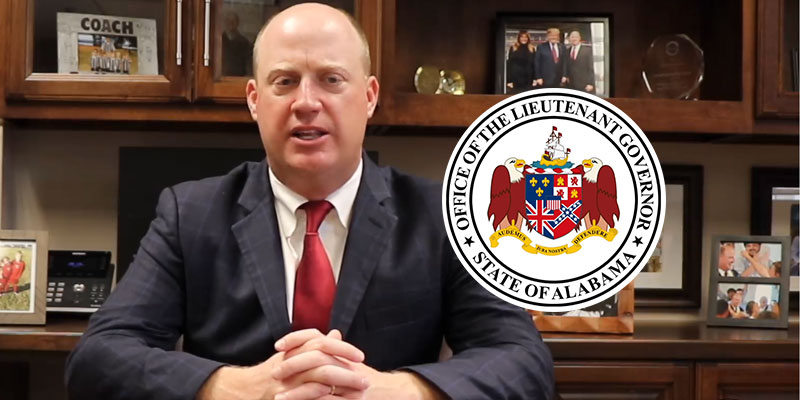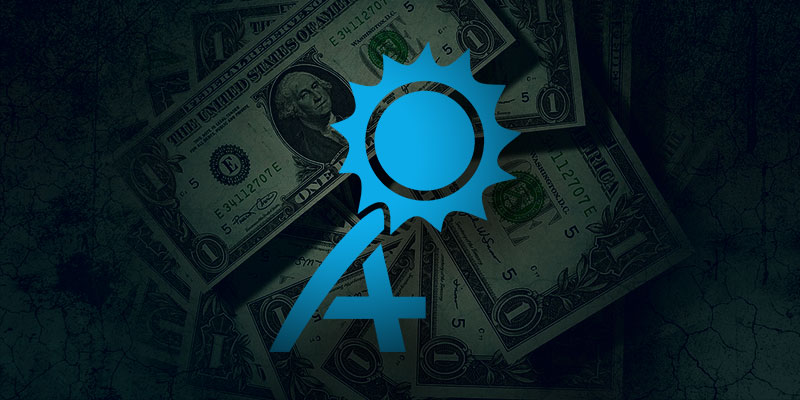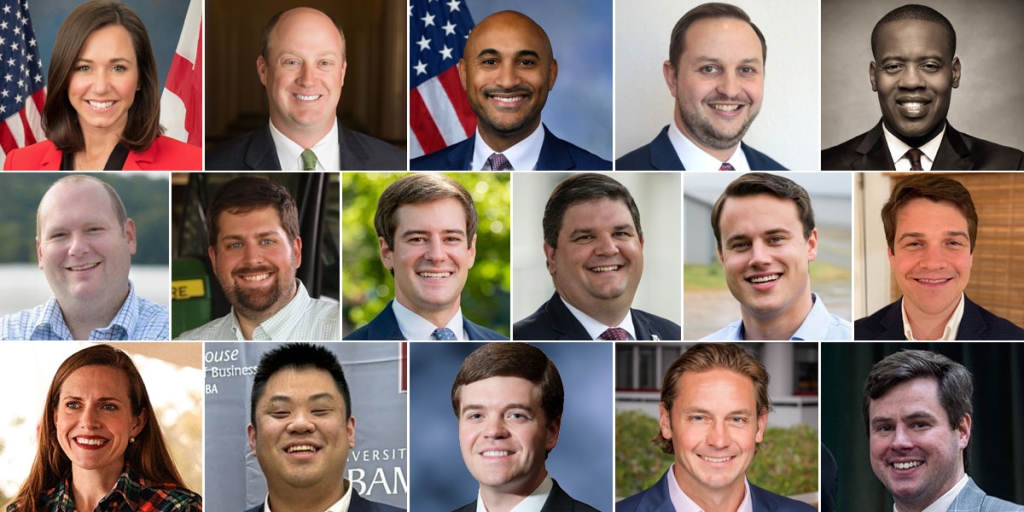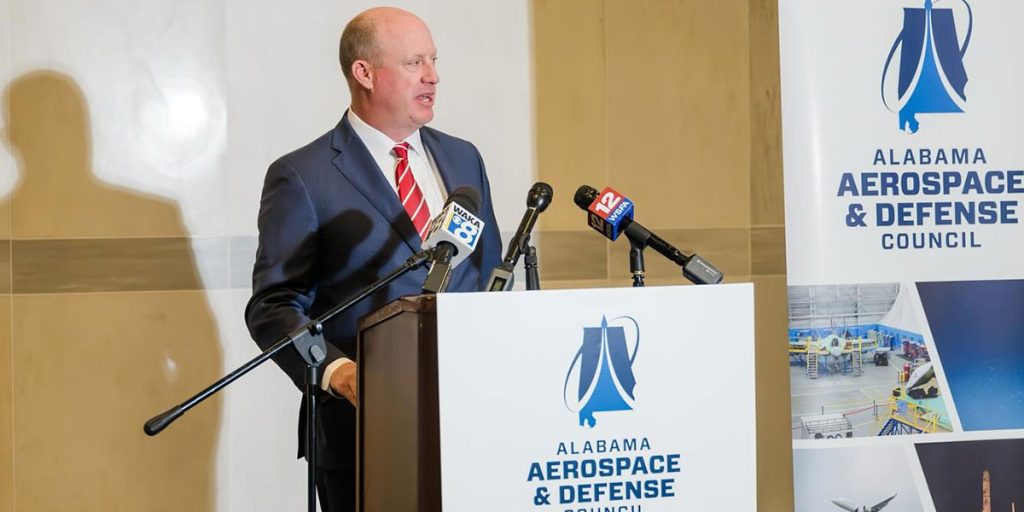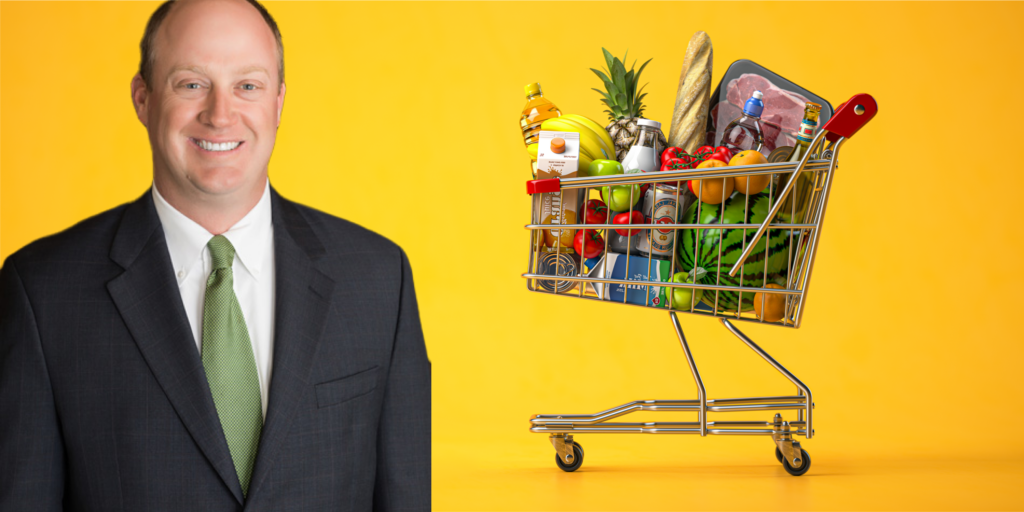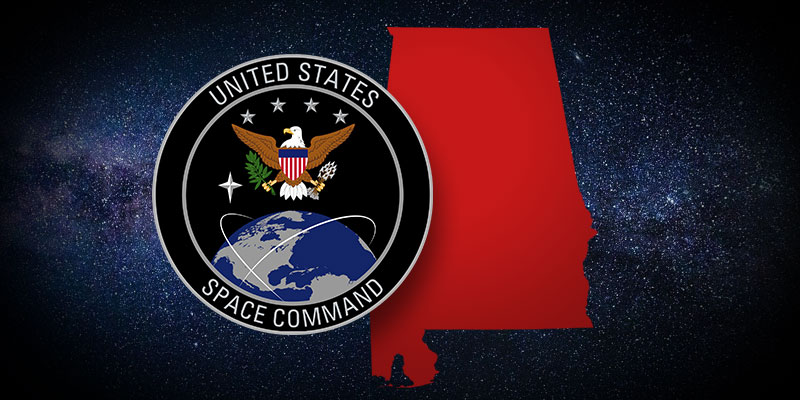Every American was a bit disappointed when the White House announced this week that social distancing guidelines will remain in place at least until April 30, and some governors across the nation have mandated that statewide shelter-in-place orders may be enforced until the end of June.
Working from home, avoiding contact with others and venturing into public only when absolutely necessary can make life seem much like the Bill Murray movie, “Groundhog Day.” Each day, the temptation to break a social distancing guideline becomes a little harder to resist and the desire to ignore protocols and immediately return to your normal routine becomes that much greater.
But facts, statistics and simple, everyday hard truths demand that we not only hold the course in the fight against COVID-19, but also practice stricter self-discipline in how we act and what we do.
As this column is being written, Alabama is teetering on the edge of its 1,000th documented case of Coronavirus, and 19 of our fellow Alabama citizens have already succumbed to the deadly sickness.
Every indicator points to the situation getting significantly worse in our state before it begins to improve, and President Trump has ordered additional ventilators sent to Alabama from the national stockpile in order to prepare for what awaits us.
If current trends continue, Alabama’s healthcare resources will likely be pushed beyond capacity by the end of the month, and the number of hospital and ICU beds that are needed will exceed the total number we have in the state.
The good news is that Alabamians can prove all of these projections and possible doomsday scenarios wrong if we just use common sense, take self-responsibility, and follow the rules that health professionals suggest.
Too many among us are still refusing to take the COVID-19 crisis seriously, and by doing that, they threaten their own lives along with the lives of everyone they love and everyone they meet.
Since Gov. Kay Ivey declared the state’s Gulf Coast beaches closed in order to enforce social distancing, the Alabama Law Enforcement Agency has reported a dramatic surge in weekend traffic on Alabama’s lakes and rivers.
My family and I live by Lake Guntersville, and we have noticed the massive groups of people congregating together, jumping from party boat to party boat, and ignoring every rule about social distancing and self-isolation that the Center for Disease Control has asked us to follow.
It may come as a surprise to these weekend revelers, but sun, water and cold beer are not effective vaccines against COVID-19.
For proof of this fact, just look toward the group of University of Wisconsin-Madison students who spent their Spring Break in Gulf Shores in mid-March. Upon their return north, several of the students have displayed symptoms and tested positive for COVID-19, and all of them are currently under quarantine.
Each time an individual or family decides to strictly follow CDC guidelines and do their part in the fight against coronavirus, the numbers bend in our direction, and all of us get that much closer to safely resuming normalcy.
Assuming Alabama has a daily infection rate of 20%, trends show that we can expect to have more than 245,000 total cases of COVID-19 by May 1, but if through discipline and resolve we can reduce that daily growth to 10%, a little more than 9,000 cases will occur. At 5% growth, we have only 1,600.
In other words, just a little effort and diligence from all of us can make a tremendous difference. Social distancing is recommended because the virus that causes COVID-19 can travel at least three feet when coughed or sneezed, and it can live on surfaces for days.
The rules for social distancing are easy to understand and follow, and they require you to remain at least six feet away from others, wash your hands frequently with soap, sanitize and wipe down surfaces, stay at home to stop the spread, and self-quarantine and contact your physician if you experience symptoms.
President Trump was wise to extend the social distancing requirements for at least another month, but all of us look forward to the day when future extensions will not be necessary. To accomplish that goal, we must each remember three simple things – stay smart, stay healthy and, most importantly, stay home.
Will Ainsworth is the lieutenant governor of Alabama and serves as an appointed member of Gov. Kay Ivey’s COVID-19 Task Force.




